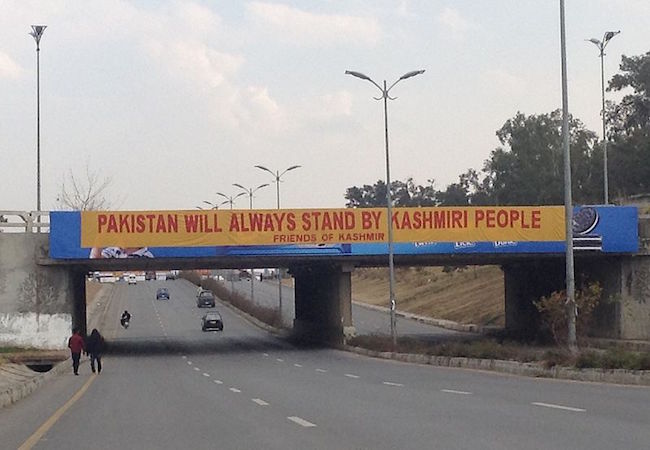Indo-Pakistani war: Battles to celebrate

By Adeel Mukhtar Mirza
“Who wishes to fight must first count the cost” ― Sun Tzu, The Art of War
Even fifty years after the 1965 war, people do not exactly know whether we won or lost and what national compulsions were, in sending raiders to Kashmir. If 1965 war were to be defined in one sentence, it would be that Pakistan, no doubt, won the battles but lost the war.
General (retd.) Mohammad Musa in his book, ‘My Version: India-Pakistan War 1965,’ writes, “The predominantly Muslim State of Jammu and Kashmir has been in dispute between India and Pakistan since the days of the partition of the subcontinent. However, in 1963, India started to integrate the disputed territory with the Indian Union, pretending that, as far as she was concerned, the issue was settled and was no longer negotiable. No Government in Pakistan could accept that position.”
Moreover, the succinct armed encounter between Indian and Pakistani armies in April 1965 resulted in what was in general perceived to be a triumph for the latter. The incident of Rann of Kutch was as a result, one of the chief formative factors in the ultimate choice of Pakistani government to go for a military solution to Kashmir issue as the results of the incidents proved the overall lack of Indian vigilance for an armed defence of the disputed areas.
In addition, as General writes, “in the late spring of 1965, Sheikh Abdullah and Mirza Afzal Beg were detained on their return home from abroad. Their arrest intensified the simmering agitation triggered by the Hazratbal incident and India’s generally oppressive behavior towards the Muslim population. She resorted to severe repressive measures against the people, which incited their long-suppressed passions further and aggravated the bitterness against her on both sides of the cease-fire line.” As a result, “The then Foreign Minister Mr. Zulfiqar Ali Bhutti, and Foreign Secretary, Aziz Ahmed, spurred in by Major- General Akhtar Husain Malik, who was commander of our troops in Azad Kashmir, pressed the Government to take advantage of the disrupted situation in the valley and direct the Army to send raiders into Indian-held Kashmir for conducting guerilla activities there and to help, on a long-term basis, the locals in organizing a movement with a view to eventually starting an uprising against the occupying power.” However, unfortunately, adequate preparations had not been made in the valley to start guerilla activity.
Therefore, basically, “The military aim of launching the guerrilla operations was threefold. Firstly, disrupt Indian civil and military control of the State. Secondly, to encourage, assist and direct an armed revolt by the people of Kashmir against Indian military occupation, and thirdly, to created conditions for an advance by the Azad Kashmir forces into the heart of occupied Kashmir and eventual liberation of IHK,” quotes Cyril Almeida in his article, ‘Gibraltar, Grand Slam and war,’ from the Lt Gen (retd) Mahmud Ahmed’s book titled ‘History of the Indo-Pak War — 1965.’
More importantly, the ultimate aim of the operation was the solution of Kashmir conundrum wherein Pakistan Army failed, owing to the failure in devising proper strategy. It is the duty of defence forces to make strategy and remove unexpected loopholes in it, so it is illogical even to argue that violation of international boundary by India was not expected. When you are going into war, albeit insufficient intelligence information that increase the chance of failure, you should be prepared to defend any unexpected event without losing the core aim. Pakistani forces, brave sons of Pakistan, no doubt fought courageously, examples of which are found rarely and won battles in Lahore and Sialkot etc; however, it remained unsuccessful in winning the war-a solution of Kashmir.




